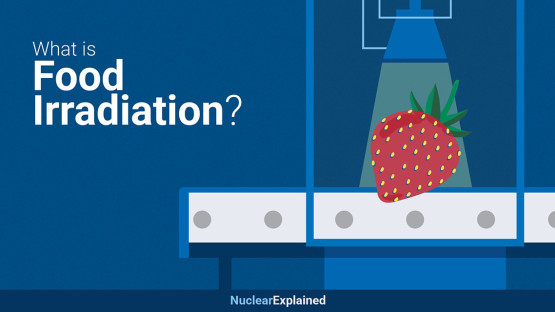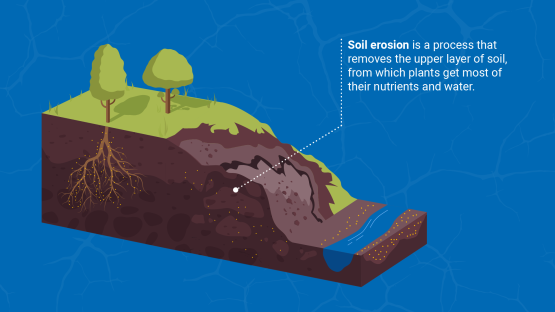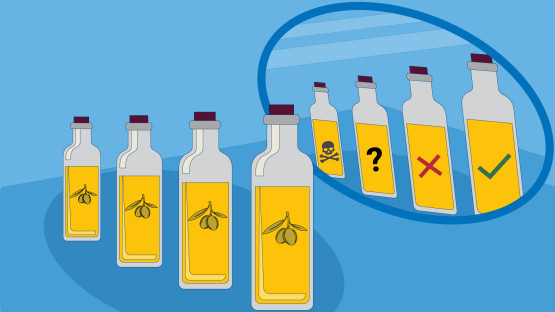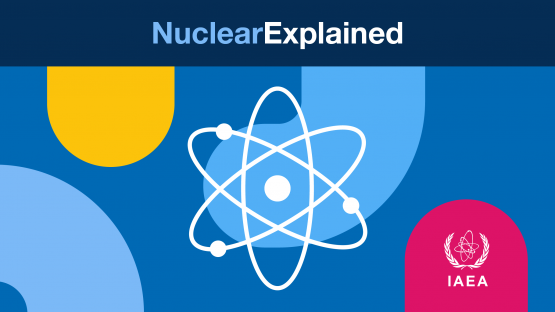
If you would like to learn more about the IAEA’s work, sign up for our weekly updates containing our most important news, multimedia and more.

Nuclear Explained - Food and agriculture
Nuclear Explained
What is Food Irradiation and Why is it Important?
Food irradiation is a gentle, non-invasive technique that uses radiation to keep food fresh and safe to eat. It eliminates microbes and control insects and other pests while preserving the nutritional content, flavour and overall quality of food. Read more →
What is Soil Erosion? How Can Nuclear Techniques Help to Identify and Mitigate it?
On World Soil Day, the IAEA highlights how nuclear and isotopic techniques help determine soil fertility and inform decisions about soil management and conservation. Read more →
What Is Food Fraud, and How Can Nuclear Science Detect It?
Food fraud can be defined as any intentional action, taken to deceive customers about the quality and content of the food products for financial gain. The selling of fake food around the world has become a highly lucrative illegal activity. Read more →
Nuclear Explained – How do Nuclear Sciences Ensure Food is Safe to Eat?
Food safety is a critical aspect of public health and global food security.?Since consumers cannot always see, taste or smell the threat of contaminated food, food safety laboratories backed by nuclear science serve as a line of defence to detect and prevent food hazards. Read more →
Nuclear Explained – Nuclear Techniques for Better Nutrition
Good nutrition is essential for good health and well-being. Nuclear techniques, including stable isotope techniques, play an important role in the development, monitoring and impact of interventions against malnutrition. Read more →
- 1 of 3
- next ?




